SUMMARY
This is AI generated summarization, which may have errors. For context, always refer to the full article.
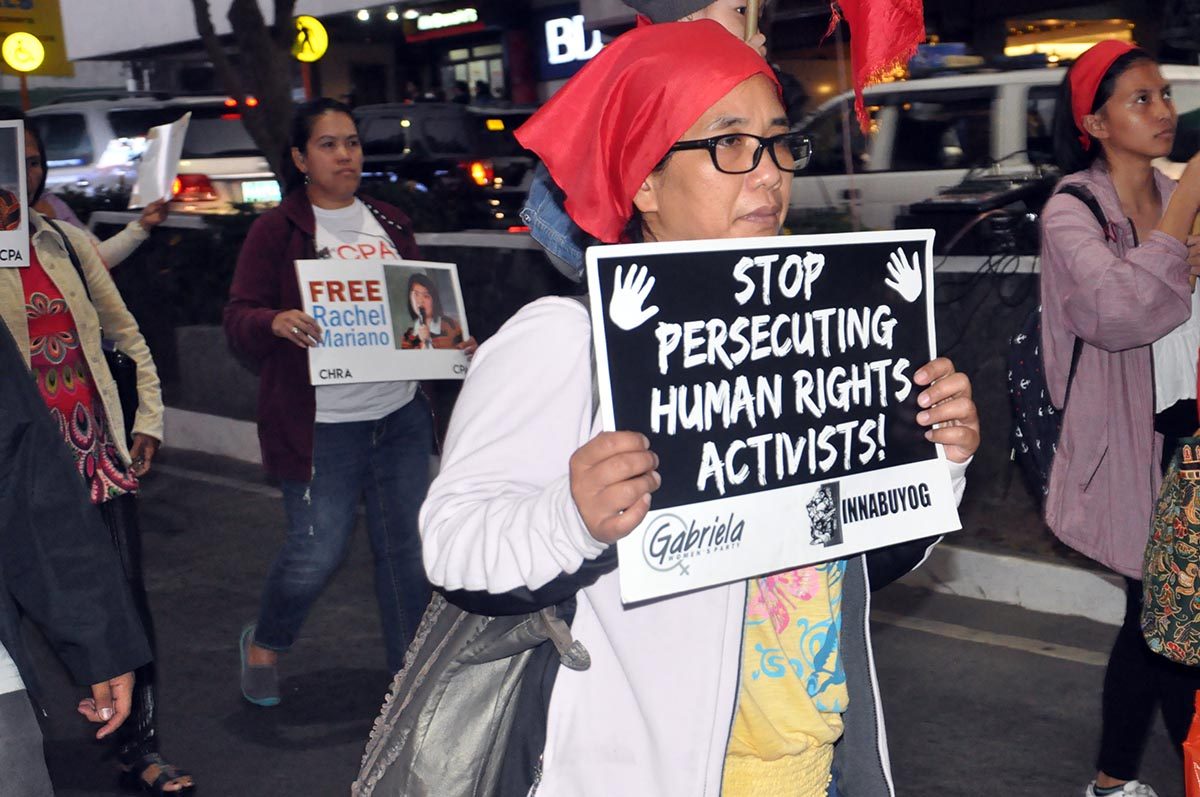
BAGUIO CITY – “(I)ncorrectly re-worded Supreme Court decision.”
This is how the Commission on Human Rights described National Task Force to End Local Communist Armed Conflict spokesperson Lorraine Badoy’s effort to justify red-tagging by using the high court’s ruling on the Zarate vs. Aquino case.
Badoy, citing the Supreme Court, claimed in several statements that “mere labeling of a group as a communist front is not an actual threat to one’s right to life, liberty, and security.”
However, the commission said the Court more accurately ruled in Zarate vs. Aquino that “[m]ere membership in these organizations or sectors cannot equate to an actual threat that would warrant the issuance of the writ of Amparo.”
“The harms linked to red-tagging range from vilification, intrusion into a person’s right privacy due to surveillance, harassment, to grave ones, such as unlawful arrests, enforced disappearance, and even killings. The current repressive political climate and prevailing impunity thus contradict the claim of a government spokesperson, stemming from an incorrectly re-worded Supreme Court decision,” the CHR added.
It also warned against election-related red-tagging, citing Badoy’s recent accusation against Baguio Mayor Benjamine Magalong of harboring communist front organizations. Her tirade followed the mayor’s order to take down posters attacking groups and personalities in the city.
Red-tagging of rights defenders and activist groups can “result in the exclusion of the legitimate concerns of vulnerable groups in the election discourse, consequently restricting the right to socio-political participation during this important phase of the election process,” the CHR statement added.
Media targets
The CHR in July 2020 bared its findings and recommendations during the national inquiry on the situation of human rights defenders. The report noted that red-tagged individuals became victims of harassment, trumped-up charges, arrest and detention, and killings. The office urged the government to desist from red-tagging.
Meanwhile, Northern Dispatch (Nordin) received on April 8 a CHR Cordillera regional office resolution, dated February 8, that admonished the Philippine National Police (PNP) La Trinidad station for a June 2020 “infographic” red-tagging Northern Dispatch (Nordis) reporter Khim Abalos.
The resolution noted that red-tagging violates the victims’ freedom of speech, association and peaceful assembly, right to life, liberty and security, and the right to free trial.
“Despite the long wait for the decision, we acknowledge the commission’s efforts in holding the perpetrators accountable,” Abalos said.
This is the third resolution released by CHR Cordillera on red-tagging incidents involving Nordis staff and editors.
In June 2021, the office also responded to complaints filed by its editors against the Baguio City Police Office and former NTF-ELCAC spokesperson Lt. Gen. Antonio Parlade in March 2020 and June 2020, respectively. – Rappler.com
Sherwin De Vera is a Luzon-based journalist and an awardee of the Aries Rufo Journalism Fellowship.
Add a comment
How does this make you feel?
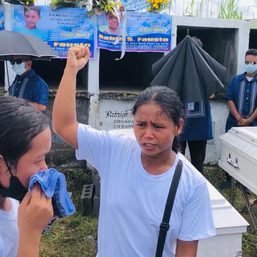
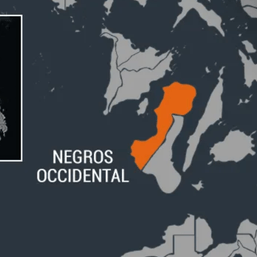


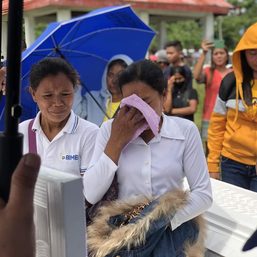
![[Newspoint] A little walk-back](https://www.rappler.com/tachyon/2024/05/tl-a-little-walk-back-05182024.jpg?resize=257%2C257&crop=215px%2C0px%2C720px%2C720px)



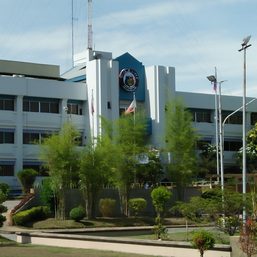



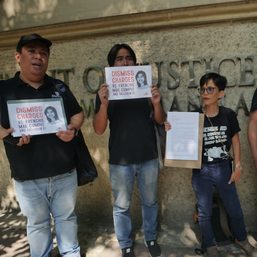
There are no comments yet. Add your comment to start the conversation.